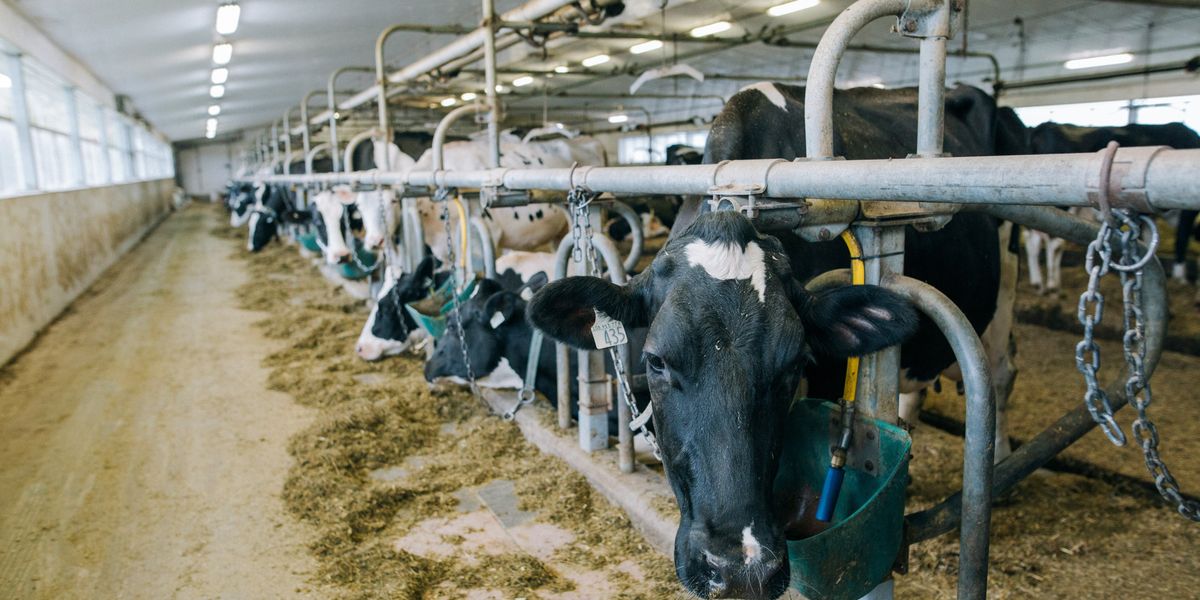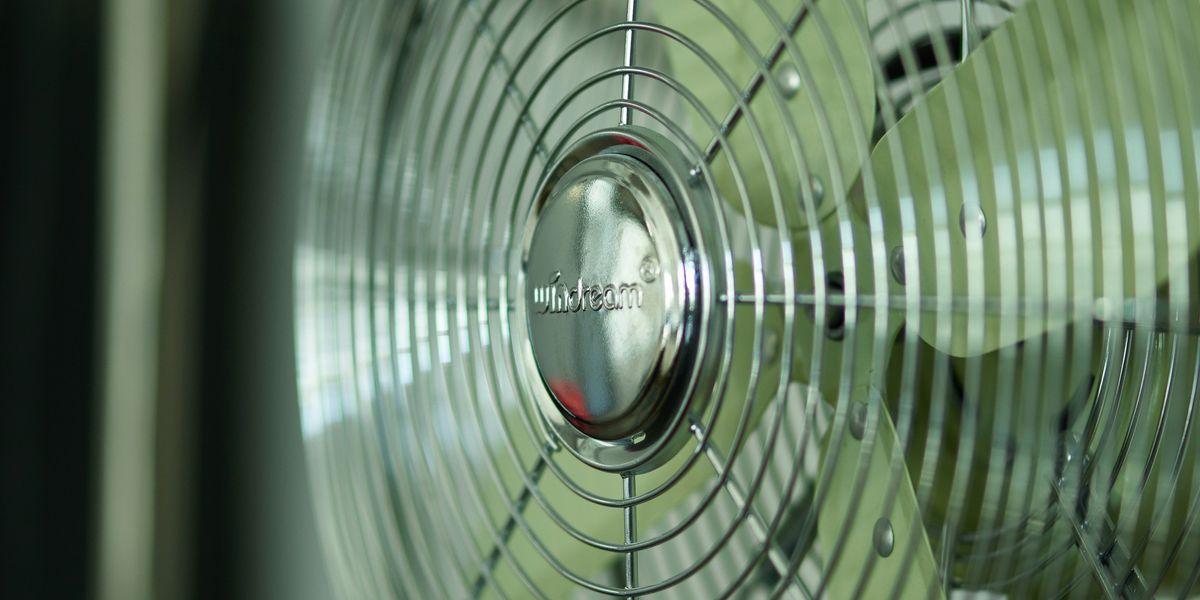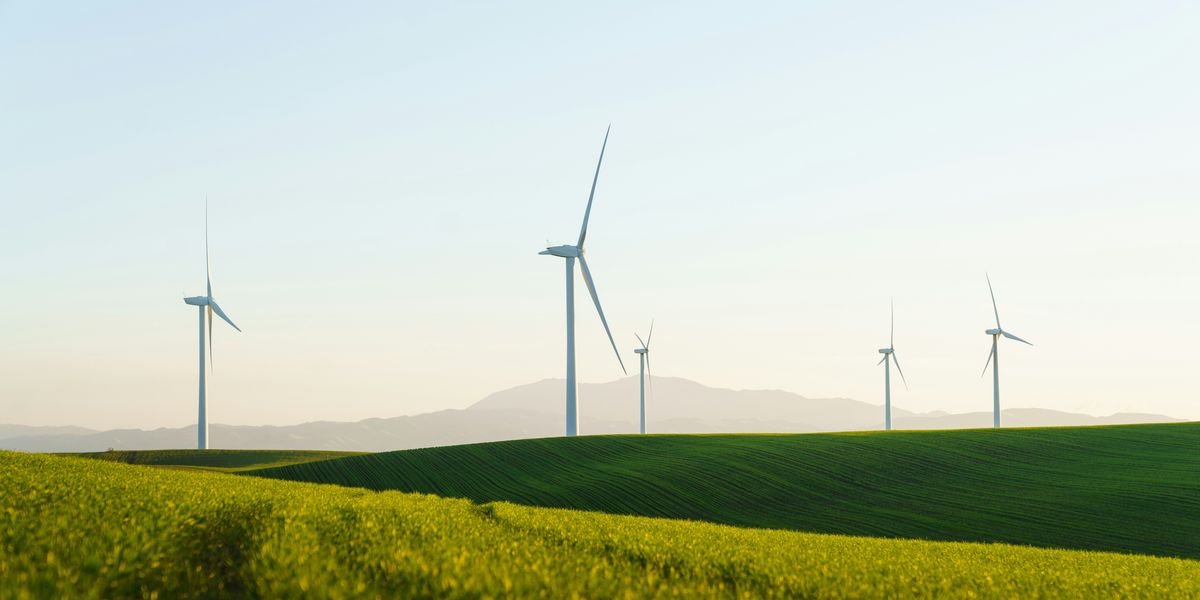
California residents challenge methane policy they say pollutes under the guise of clean energy
Residents in California’s Central Valley are pushing back against a state-backed program that incentivizes methane digesters at industrial dairies, arguing it locks in pollution and worsens environmental health in Latino communities.
Ray Levy Uyeda reports for Prism.
In short:
- California’s Low Carbon Fuel Standard (LCFS) subsidizes methane digesters at large dairies, but critics say the policy encourages dairy expansion and entrenches fossil fuel infrastructure.
- Lawsuits and community advocates argue the program ignores local pollution and fails to meet environmental review standards, while benefiting corporations like Chevron and BP.
- Residents in towns like Planada, where many are undocumented Latino farmworkers, say they’re being treated as expendable in the state’s climate strategy.
Key quote:
“Many of us have witnessed this transition from an innovative regulation into a swag bag for venture capitalists, big oil, big agriculture, and big gas, increasingly coming at the expense of low- and moderate-income Californians.”
— James Duffy, former California Air Resources Board employee
Why this matters:
Methane digesters are promoted as a climate solution, but their deployment raises red flags for public health and environmental equity. These facilities concentrate pollution in rural, low-income communities already burdened by industrial agriculture. The Central Valley, a hub of dairy production, suffers from some of the worst air quality in the nation, with ammonia and nitrate pollution contaminating water and air. While digesters capture methane, they do not address emissions from cow burps or the fossil-fuel-intensive feed system. Worse, they may encourage larger herds and more waste. Critics warn the state's market-based approach favors industry profits over real emissions cuts.
Related: California's dairy farms and the controversy surrounding methane digesters













